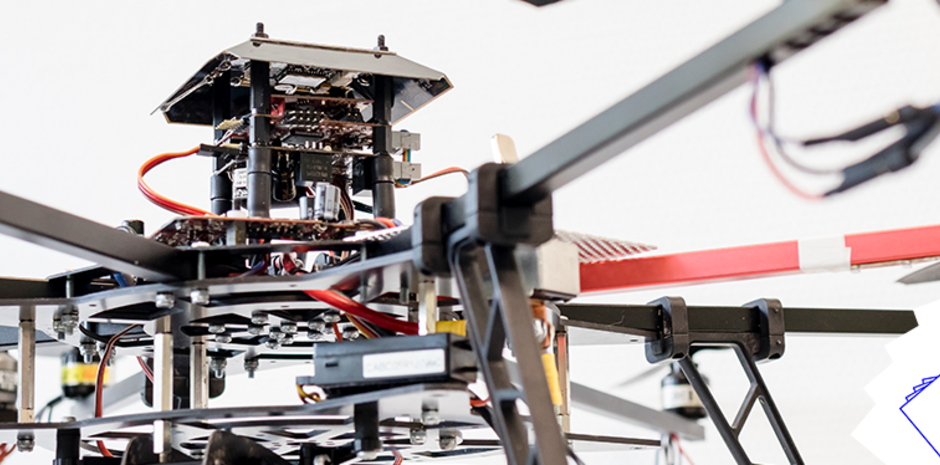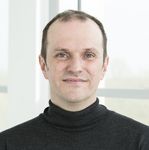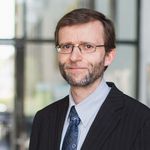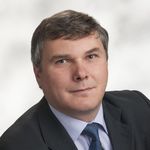
At the Doctoral Center for Engineering Sciences and Information Technologies (IWIT), early career researchers can obtain the following academic degrees:
Doctor of Engineering or Doctor of Science in Engineering (Dr.-Ing.)
Doctor of Natural Sciences or Doctor of Science (Dr. rer. nat.)
With the awarding of the independent right to confer doctoral degrees, the extraordinary research strength of the universities of applied sciences in Saxony-Anhalt was recognized. Now the universities of applied sciences can independently lead researchers on their way to their doctoral degrees. The Doctoral Center IWIT combines the competences of the universities of applied sciences in Anhalt, Harz and Merseburg.
Three universities and 21 professors
The pronounced interdisciplinarity and the broad expertise of the professors involved from the three universities of applied sciences in Anhalt, Harz and Merseburg are the special strengths of the cross-university Doctoral Center IWIT. For your doctorate, you will have supervisors from several fields of engineering sciences and information technologies at your side. Doctoral students can choose between seven research areas and, thus, place their topic precisely.
Forward-looking ideas for the environment and society
The doctoral students of the Doctoral Center IWIT make a valid contribution towards meeting future challenges regarding digitalization, artificial intelligence, climate change and sustainability. Therefore, the Doctoral Center IWIT bundles marketable ideas and innovative strength and, thus, shapes the technological change towards a sustainable society.
Do you have an idea?
Do you have an idea for a dissertation topic in the field of engineering sciences and information technologies and are interested in doing a doctorate at a university of applied sciences in Saxony-Anhalt? At first you should read the doctoralregulations of the Doctoral Center IWIT. Then look for a professor at the Doctoral Center IWIT who would like to supervise the topic. The best thing to do is to make an appointment with the potential supervisor to present the topic and win them over to support your project. In the next step, you conclude a doctorate agreement with your supervisor and submit the application for acceptance as a doctoral candidate with all the necessary documents to the doctoral committee. This also includes writing an exposé on the doctoral project. You can find the required documents here.
The application should be sent by post and digitally to the contact person at the university where the first supervisor works. If the supervisor is based at Harz University of Applied Sciences, please send the documents to Carolin Haupt.
Address
Hochschule Harz, z.H. Carolin Haupt, Friedrichstraße 57-59, 38855 Wernigerode
If your first supervisor works at another university of applied sciences, please go to: HS Anhalt, HS Merseburg.

Speaker of the Board:
Prof. Dr. Mathias Seitz (Hochschule Merseburg)

Deputy Speaker of the Board:
Prof. Dr. Frieder Stolzenburg (Hochschule Harz)

Member of the Management:
Prof. Dr. Eduard Siemens (Hochschule Anhalt)

The doctoral committee meets every first Thursday of the month.
(The September meeting 2025 of the doctoral committee is canceled)
Please submit your acceptance application in full to Carolin Haupt at least four weeks before the date of the meeting!